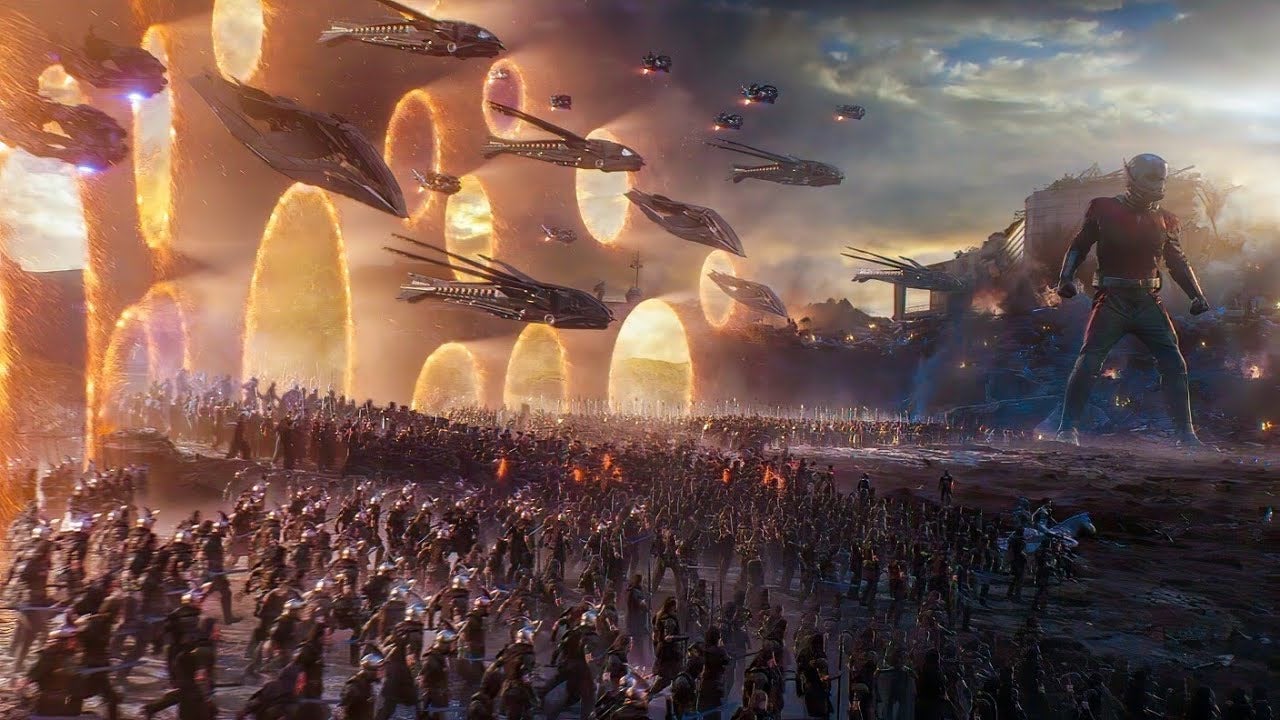Marvel doesn't have an output problem. It's the kids, the Russo Brothers say
“There’s a big generational divide about how you consume media,” Joe Russo recently told GamesRadar about Marvel’s recent struggles.

Even as Marvel Studios finds success on the small screen right now with X-Men ‘97 lighting fans up every week on Disney+, it’s not undiplomatic to say at this point that its star has faded a touch when it comes to its big screen tentpole releases. Is it the output itself, lacking a strong coherent thread compared to the Infinity Saga? Is it there just being so much of it now, between film and TV, that it feels like homework just to make sense of one story to the next? Is it the spectre of “superhero fatigue” made real?
Suggested Reading
No, Joe and Anthony Russo, say. It’s those kids with their attention spans, gosh darn it.
Related Content
“There’s a big generational divide about how you consume media,” Joe Russo recently told GamesRadar about Marvel’s decaying grip on the pop culture behemoth it once was with the release of Avengers: Endgame. “There’s a generation that’s used to appointment viewing and going to a theater on a certain date to see something, but it’s aging out. Meanwhile the new generation are ‘I want it now, I want to process it now’, then moving onto the next thing, which they process whilst doing two other things at the same time. You know, it’s a very different moment in time than it’s ever been. And so I think everyone, including Marvel, is experiencing the same thing, this transition. And I think that really is probably what’s at play more than anything else.”
“I think that the two-hour format, the structure that goes into making a movie, it’s over a century old now and everything always transitions,” Russo continued. “So, there is something happening again and that form is repetitive. But it’s hard to reinvent that form and I think this next generation is looking for ways to tell their own stories that service their own sort of collective ADHD.”
“The superhero fatigue question was around long before the work we were doing,” Anthony Russo added, pushing back on the idea that there is a fatigue for superheroic fiction. “So, it’s sort of an eternal complaint, like we always used to cite this back in our early days with superhero work. People used to complain about westerns in the same way but they lasted for decades and decades and decades. They were continually reinvented and brought to new heights as they went on.”
That last part, at least, is true—people have been talking about the death of the superhero boom for almost as long as the superhero boom has, well, boomed. But it’s absolutely insane to suggest that Marvel’s recent box office and critical struggles have anything to do with a young generation of media consumers having their minds addled by Tiktok and the like. One of the biggest shows on Disney+ right now is X-Men ‘97, a superhero story that is leveraging upon decades and decades of comic hooks and characters to tell a story about Marvel’s mutants that is both honoring decades of animation and even further decades of comic books beyond them. It’s not working because it’s a weekly half-hour animated show, for as much as Joe Russo wants to blame “collective ADHD.” It’s working because it’s a really well made TV show.
There’s soap opera drama, there’s excellent, occasionally terrifying action, there’s an embrace of those generations of stories and heroes and villains in the source material. People aren’t tired of it because the X-Men wear spandex and have superpowers. They’re tuning in every week because it’s consistently delivering. A bold concept to some, apparently!
Want more io9 news? Check out when to expect the latest Marvel, Star Wars, and Star Trek releases, what’s next for the DC Universe on film and TV, and everything you need to know about the future of Doctor Who.